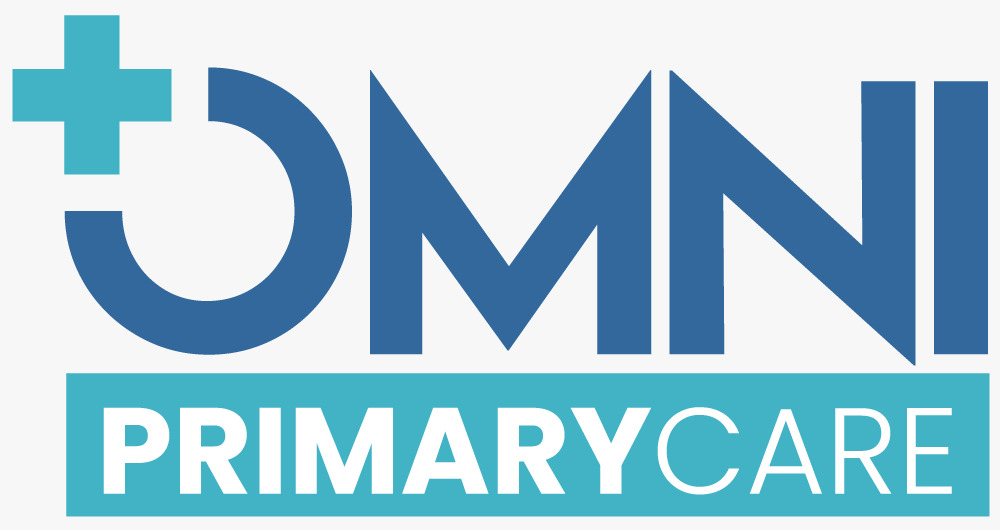



Abdominal bloating is a condition in which the belly (abdomen) feels full and tight. Your belly may look swollen (distended).
Common causes include:
You may have bloating if you take the oral diabetes medicine acarbose. Some other medicines or foods containing lactulose or sorbitol may cause bloating.
More serious disorders that may cause bloating are:
You may take the following steps:
Get treatment for constipation if you have it. However, fiber supplements such as psyllium or 100% bran can make your symptoms worse.
You may try simethicone and other medicines you buy at the drugstore to help with gas. Charcoal caps can also help.
Watch for foods that trigger your bloating so you can start to avoid those foods. These may include:
Call your health care provider if you have:
Bloating; Meteorism